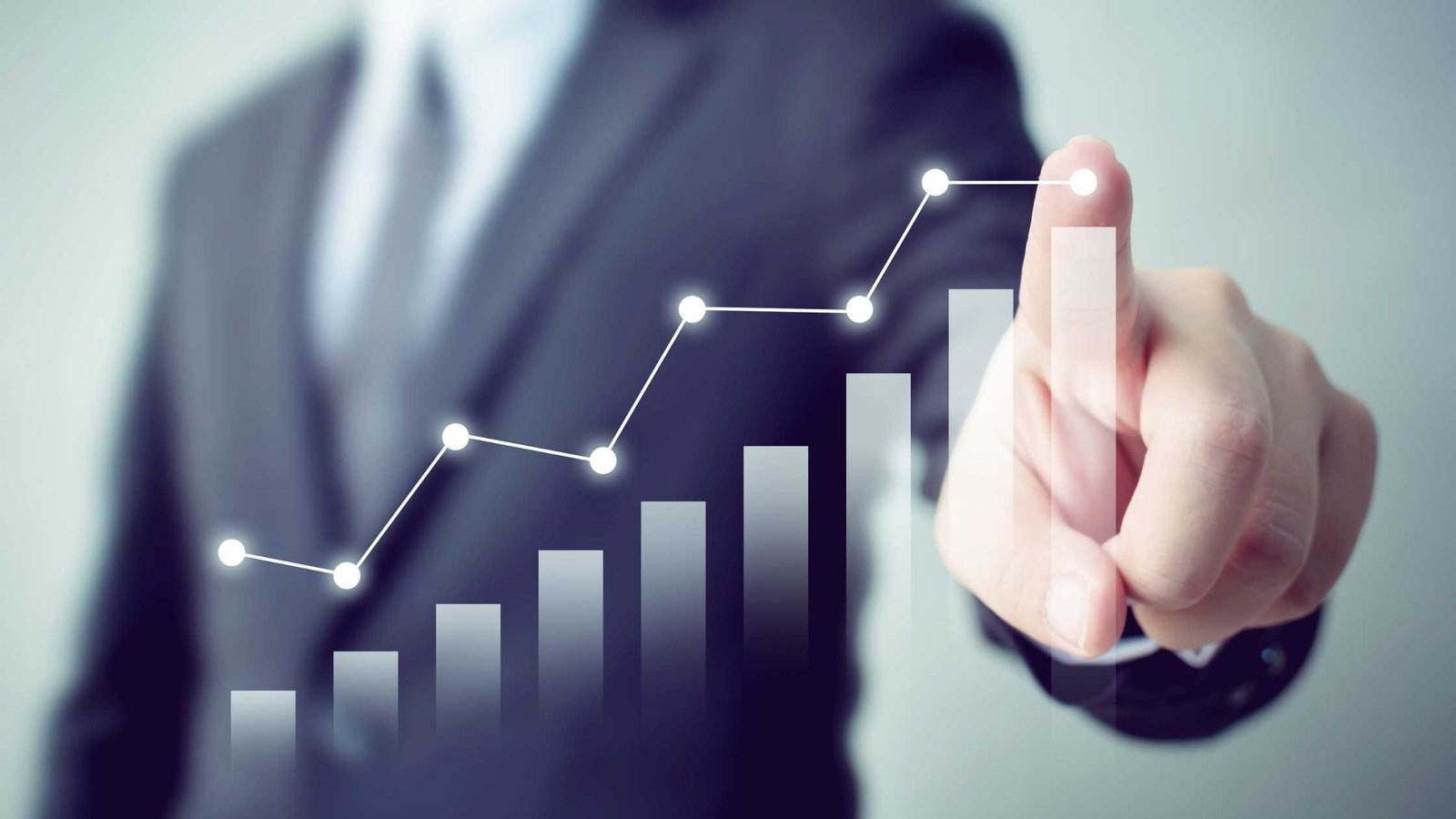Many people are considering how technology and agriculture may collaborate to solve a critical global problem: food insecurity. Using Blockchain Technology can improve the food supply chain’s trustworthiness, transparency, and efficiency. This post will examine how blockchain technology can help food security by securing food supplies, increasing consumer trust, and addressing other issues.
A Brief Overview of Blockchain Technology
Blockchain is a distributed ledger system that records transactions across several computers. This makes it impossible to change the data recorded in a block without changing all the following blocks. This feature enables network nodes to validate independently and audit transactions, greatly improving security and openness.
Every step of the food supply chain, from the farm to the table, may be recorded on a blockchain. Important details, including shipping information, handling circumstances, and ingredient origins, are included in this record. Producers can be held more accountable with Blockchain technology, and consumers can make better-informed decisions.
Making Tracking Easier
One of the greatest benefits of blockchain technology is its capacity to offer complete traceability. Determining where the contamination originated can be difficult and time-consuming when food poisoning occurs, such as when E. coli or salmonella outbreaks occur. One possible answer is blockchain technology, which enables stakeholders to monitor the whereabouts of food items in real-time.
For example, if a certain farm’s lettuce is associated with an E. coli outbreak, all transactions about that product can be easily retrieved. This capacity allows for the quick identification of the source of contamination and aids in the removal of harmful materials from circulation. Enhancing traceability safeguards consumer health while mitigating financial losses linked to product recalls and erosion of consumer confidence.
Increasing Trust among Buyers

Now more than ever, people want to know that the food they buy is safe and genuine, and blockchain technology can help establish that confidence. Producers and sellers may vouch for their claims of organic status, sustainable processes, and ethical sourcing when they provide an immutable record of a product’s journey.
Envision a world where customers use smartphones to scan a QR code on their food packages. This step lets customers see the product’s history, from its cultivation to processing and trip through the supply chain. By knowing where their money is going, customers can better select choices that reflect their beliefs, whether those values include health, sustainability, or ethical sourcing.
Assuring Reign of Quality Quality
management is essential for keeping food safe and secure. Using Blockchain Technology can make strict quality checks possible throughout the supply chain. Every link in the chain can record incidents like temperature control violations or handling faults in real-time. Products must adhere to safety requirements, and any problems must be addressed promptly. This paperwork aids in doing just that.
One sector that has begun using blockchain technology is the fish market. By tracking products’ journeys through the cold chain, blockchain technology is helping to keep products fresh. Promptly documenting and addressing temperature lapses ensures that only safe and high-quality items reach customers. This preventative measure can improve public health and product sales.
Encouragement of Local Producers and Farmers

Small-scale farmers frequently struggle to sell their products at reasonable prices and access marketplaces. Blockchain technology can potentially democratize the food supply chain by eliminating intermediaries and directly connecting farmers and food processors with buyers. Producers in rural areas can strengthen their economic footing by negotiating fair prices and receiving payments quickly through smart contracts, agreements typed into code and executed.
Also, blockchain technology can make it easier to set up decentralized markets where local farmers can sell their wares. With the help of these platforms, local agriculture and sustainable practices may be better seen, and customers can show their support. This means more people can buy food from local farms. Which is good for everyone’s health and the health of the community as a whole.
Conquering Obstacles
Despite the enormous potential benefits of blockchain technology for improving food security, there are still obstacles to overcome. Implementing blockchain technology requires significant investments in infrastructure, training, and stakeholder collaboration. Furthermore, blockchain networks, especially those that employ energy-intensive consensus algorithms, raise worries about data privacy and their influence on the environment.
Collaboration between governments and industry players is essential to overcoming these obstacles. Policies must be implemented to promote innovation while guaranteeing data protection and environmental sustainability. Agricultural groups and technology businesses can collaborate through pilot initiatives to make the transition to blockchain usage easier.
In summary
Finally, Using Blockchain Technology may be able to solve the global food supply chain’s most pressing problems—trust and food insecurity. Blockchain can revolutionize the food supply chain by improving tracking and increasing consumer trust. Guaranteed product quality and helped local farmers and food manufacturers.
But governments, businesses, and consumers must all work together to realize this promise. Blockchain, an adoption of cutting-edge technology, may hold the secret to a more secure and fair food system for everyone around the globe who struggles with food insecurity and shifting consumer demands. The merging of technology and agriculture must make a sustainable future possible, where everyone can get healthy food.
[sp_easyaccordion id=”3406″]

